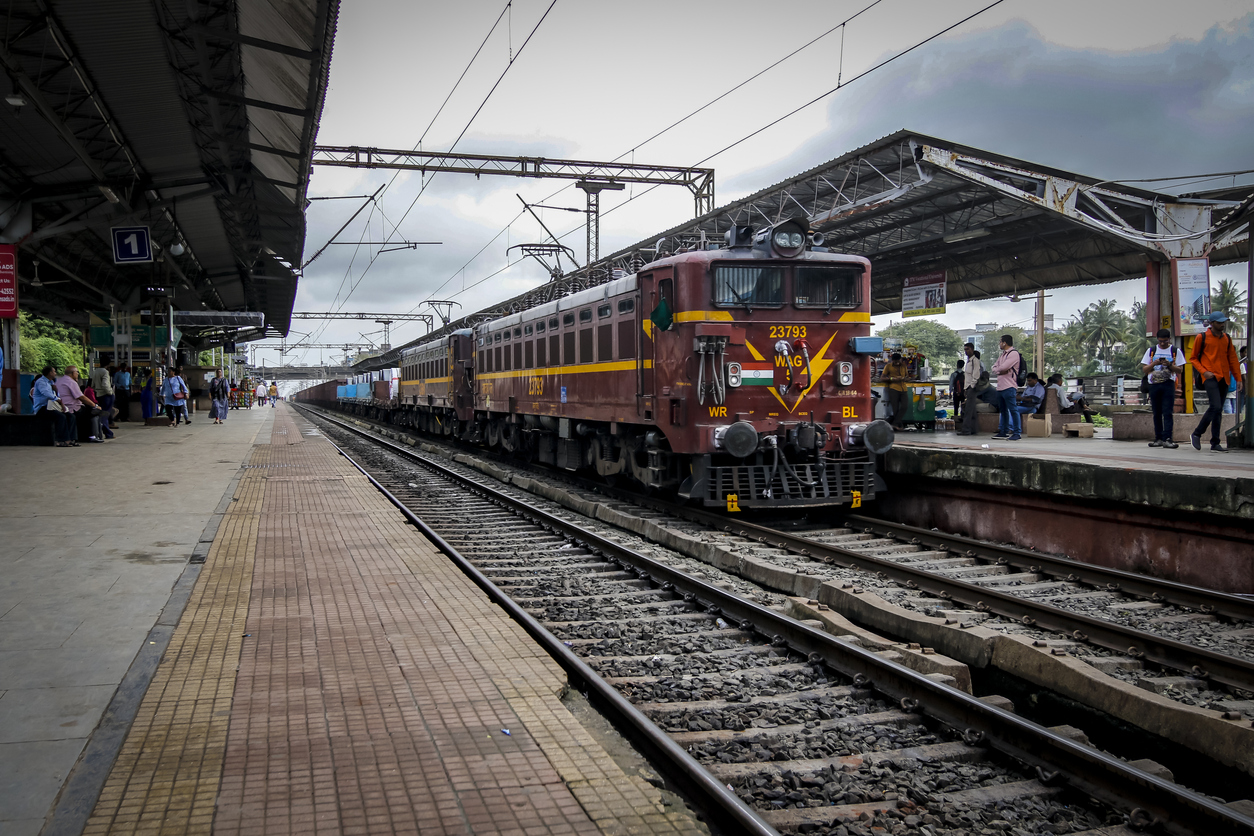
Why private players in Indian Railways could be a game changer
Considering the prevailing bus, taxi and air fares, the IRCTC-run Tejas trains will offer no concession on tickets and the fares will remain dynamic. This experiment will probably set the tone for some fare overhaul in the Railways itself.

In an unprecedented move, the Indian Railways (IR) has decided to allow private operators to run some passenger trains for a fee. Even as the department is in the process of finalising a complete roadmap for train routes, conditions for bidding, criteria for bidders and potential earnings, two trains have already been given away to its subsidiary IRCTC, for now on a trial basis.
The first such train, the Tejas Express, scheduled to run between Lucknow and Delhi is all set to be launched on October 4. The second route on which the IRCTC will operate is the Mumbai-Ahmedabad stretch.
Union Railway Minister Piyush Goyal has earlier drawn a distinction between privatisation of the Indian Railways and allowing private operators to run select trains, saying both are not the same.
Officials in the railway ministry are confident that allowing private operators will benefit Indian Railways financially besides enhancing the quality of service.
Indian Railway’s dipping numbers
The department’s data reveals the story of its poor finances. Between April and August 2019, the total passenger bookings declined by over 44 million year-on-year to 3,480 million. This comes to an average daily decline in passengers of about 2.9 lakh.

Gross receipts for the first five months (including passenger, freight, other earnings) were 14 per cent short of the target set for 2019-20 in budget estimates though the gross earnings showed growth year-on-year.
The high operating ratio (how much it spends to earn each rupee) of the Indian Railways shows the precarious financial condition of the department. In at least three of the last five years, this ratio was over 95%:96.5% in 2016-17 and 98.4% in 2017-18. For 2018-19, it got revised upwards from 92.8% at budget estimate to 96.2% in the interim budget and further to 97.3%. For 2019-20, the operation ratio target is 95%.

 Heading towards a change
Heading towards a change
Given such finances, the Indian Railways with its new move, is probably heading towards a change.
Considering the prevailing bus, taxi and air fares, the Tejas trains will offer no concession on tickets and the fares will remain dynamic. According to a statement released by the department, trains will have different fares for lean, busy and festive seasons.
February, March and August months will form part of the lean season. Further, train fares will be on point to point basis. With this, the Indian Railways will be moving away from its regular practice of not only allowing multiple concession categories on its trains, but also heavy subsidy on fares in general.
“If a suburban train charges are ₹10 for 40 kms, it does not even cover the charge of a seat. With private operators running premium trains, such concessional fares will be eliminated,” said a senior railway official.
Also read: IRCTC IPO price band set at ₹315-320, govt intends to raise ₹645 crore
With regards to dynamic fares, the Indian Railways is endlessly receiving public flak for its earlier attempt to introduce flexi-fare system in its own network. Though this scheme was applicable for less than 2 per cent of all trains, widespread protests from MPs and public led to a tweak in the plan last November. Currently, both — number of trains and fares under the flexi fare scheme — have been reduced.
If trains run by private players continue with dynamic fares, the operating ratio on the two new routes will break even.
The senior official said that the operators will have to pay haulage charges (for using its tracks etc), lease charges for rolling stock and other fees as applicable while having complete freedom to price tickets.
According to officials, 50 trains may be offered to private operators eventually. Potential routes include Delhi-Mumbai, Delhi-Chennai, Delhi-Howrah besides Delhi-Lucknow; Chennai-Coimbatore, Chennai-Bangalore, Chennai-Madurai; Secunderabad-Vijaywada and Secunderabad-Hyderabad. The proposal also includes suburban networks such as those at Mumbai, Kolkata, Chennai and Secunderabad.
Doorstep pick-up of luggage, compensation in case of train delays, travel insurance and premium food options, could be some of the other facilities provided by private operators.
Though there is no proposal for wholesale private operations of passenger trains as of now and officials insist that Indian Railway trains with subsidised fares will also continue to ply on these routes, this experiment will probably set the tone for some fare overhaul in the Railways itself.
Also read: IRCTC to restore service charges on e-tickets from September 1

